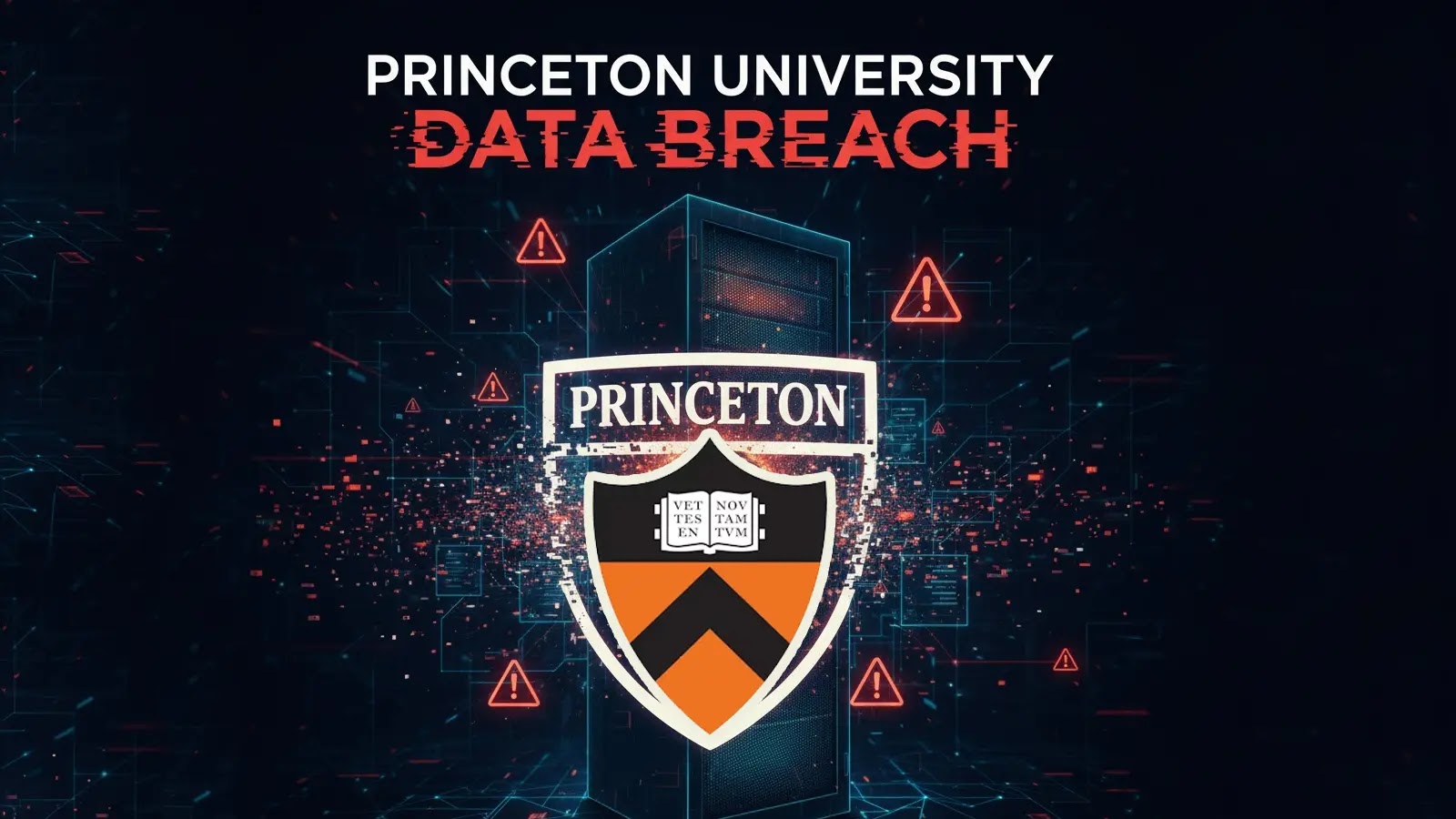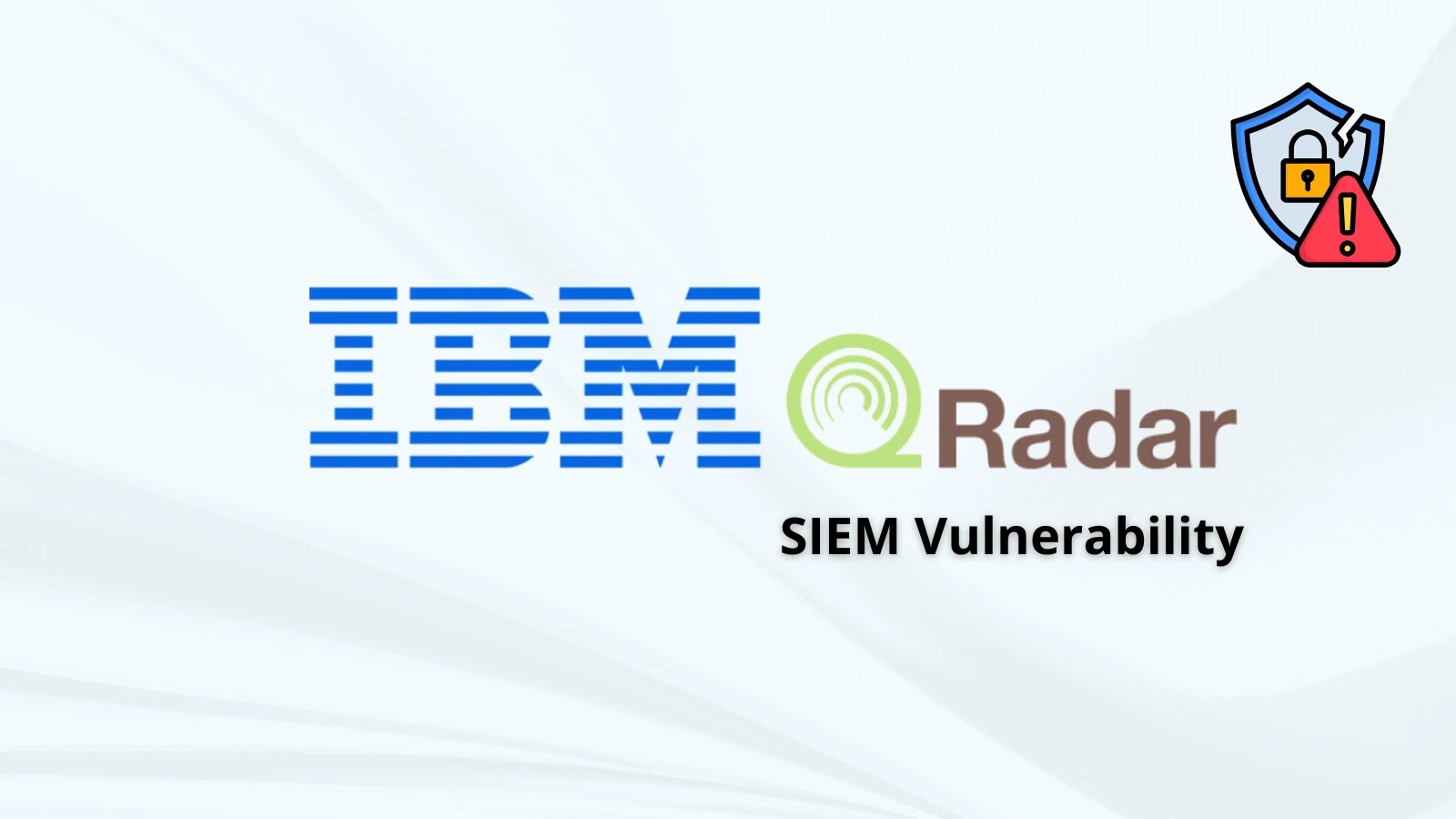Princeton University Data Breach Exposes Donor and Community Information
On November 10, 2025, Princeton University experienced a significant cybersecurity incident when unauthorized individuals accessed a database managed by the University’s Advancement department. This breach exposed personal information of alumni, donors, faculty members, students, parents, and other community members. The intrusion was identified and contained within 24 hours, but it raised substantial concerns about data security and potential misuse of the compromised information.
Details of the Breach
The compromised database contained sensitive personal details, including names, email addresses, telephone numbers, and home and business addresses. Additionally, it held records of fundraising activities and donation histories. Notably, the database did not generally include Social Security numbers, passwords, financial information such as credit card or bank account numbers, or detailed student records protected under federal privacy laws. ([oit.princeton.edu](https://oit.princeton.edu/incident?utm_source=openai))
Discovery and Response
Princeton’s security teams detected the breach within 24 hours of its occurrence and promptly removed the unauthorized actors from the system. The University collaborated with external cybersecurity experts and law enforcement agencies to investigate the incident thoroughly. On November 15, the University notified potentially affected individuals, advising them to remain vigilant for suspicious communications that might impersonate University representatives. Officials emphasized that legitimate University personnel would never request sensitive information such as Social Security numbers, passwords, or banking details via phone calls, texts, or emails. ([oit.princeton.edu](https://oit.princeton.edu/incident?utm_source=openai))
Potential Risks and Preventive Measures
While the exact information accessed by the attackers remains under investigation, the exposure of contact details and donation histories poses risks of phishing attacks and other forms of social engineering. Phishing involves fraudulent attempts to obtain sensitive information by masquerading as a trustworthy entity. Given the nature of the compromised data, individuals associated with Princeton University should be particularly cautious of unsolicited communications requesting personal or financial information.
To mitigate these risks, the University has implemented several preventive measures:
– Enhanced Security Protocols: The University has reinforced its cybersecurity infrastructure to prevent future incidents.
– Community Education: Ongoing efforts are being made to educate the University community about recognizing and responding to phishing attempts and other cyber threats.
– Monitoring and Support: The University continues to monitor its systems for unusual activity and offers support to individuals who may have been affected by the breach.
Broader Context
This incident at Princeton University is part of a concerning trend of cyberattacks targeting educational institutions. For instance, the University of Pennsylvania experienced a significant data breach on October 31, 2025, where attackers claimed to have accessed data for 1.2 million users, including donor records and personal identifying information. These incidents underscore the critical need for robust cybersecurity measures within academic institutions to protect sensitive information.
Recommendations for Affected Individuals
Individuals potentially affected by the Princeton University data breach are advised to take the following steps:
1. Be Vigilant: Monitor for any unusual or unsolicited communications that may attempt to solicit personal or financial information.
2. Verify Communications: If you receive a message purportedly from Princeton University requesting sensitive information, verify its legitimacy by contacting the University through official channels before responding.
3. Monitor Financial Accounts: Regularly review bank and credit card statements for unauthorized transactions.
4. Report Suspicious Activity: If you suspect that your information has been misused, report it to the University’s Department of Public Safety and consider contacting credit bureaus to monitor your credit reports.
University’s Commitment to Data Security
Princeton University is committed to safeguarding the personal information of its community members. In response to this incident, the University is reviewing and enhancing its security protocols to prevent future breaches. This includes implementing advanced threat detection systems, conducting regular security audits, and providing comprehensive cybersecurity training to staff and faculty.
The University acknowledges the trust placed in it by its community and is dedicated to maintaining the highest standards of data protection. As the investigation continues, Princeton University will provide updates and support to those affected, reinforcing its commitment to transparency and security.
Conclusion
The data breach at Princeton University serves as a stark reminder of the persistent threats facing educational institutions in the digital age. It highlights the importance of proactive cybersecurity measures and the need for continuous vigilance by both organizations and individuals. By staying informed and adopting best practices in data security, the Princeton community can work together to protect sensitive information and uphold the integrity of the University’s mission.



